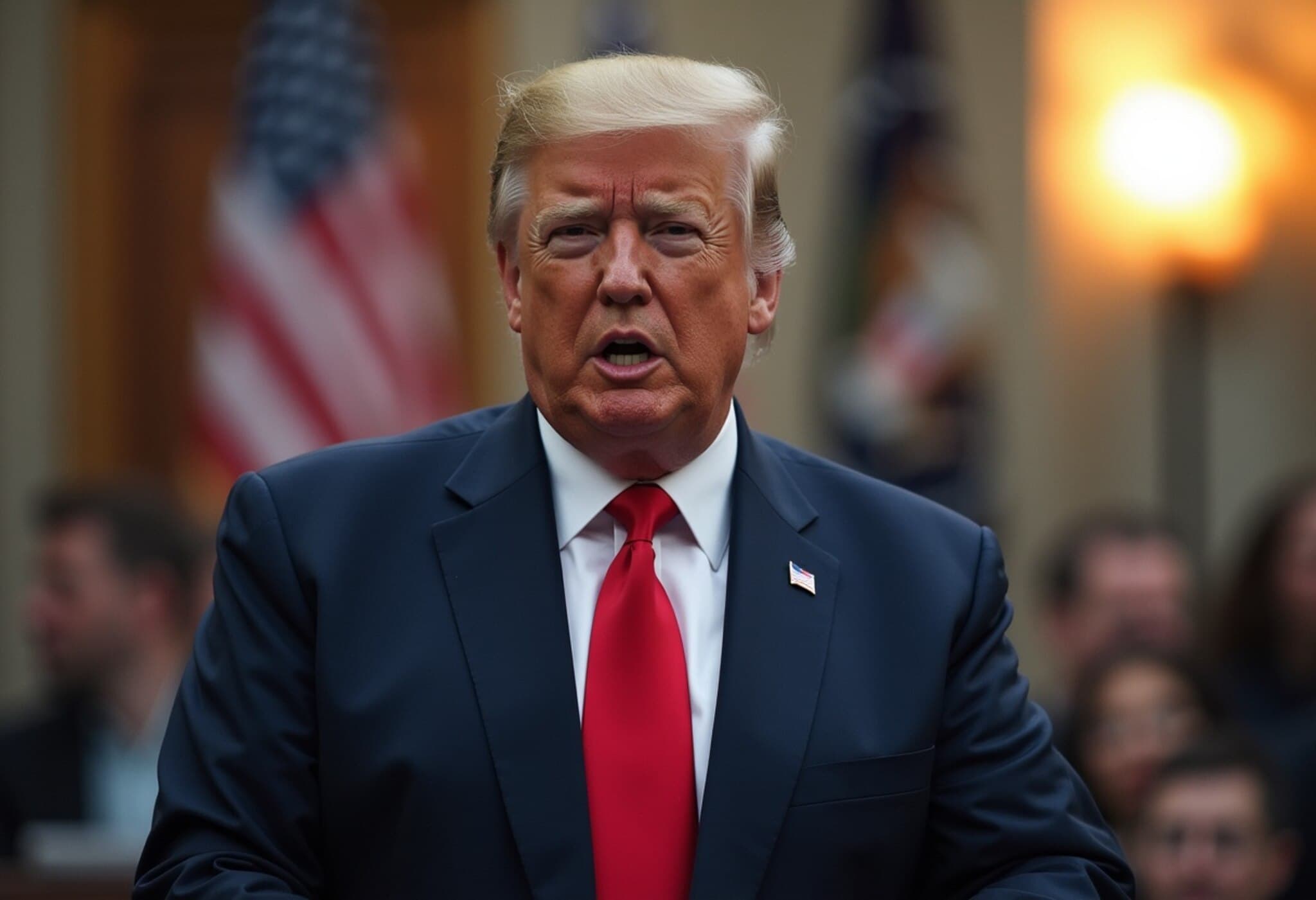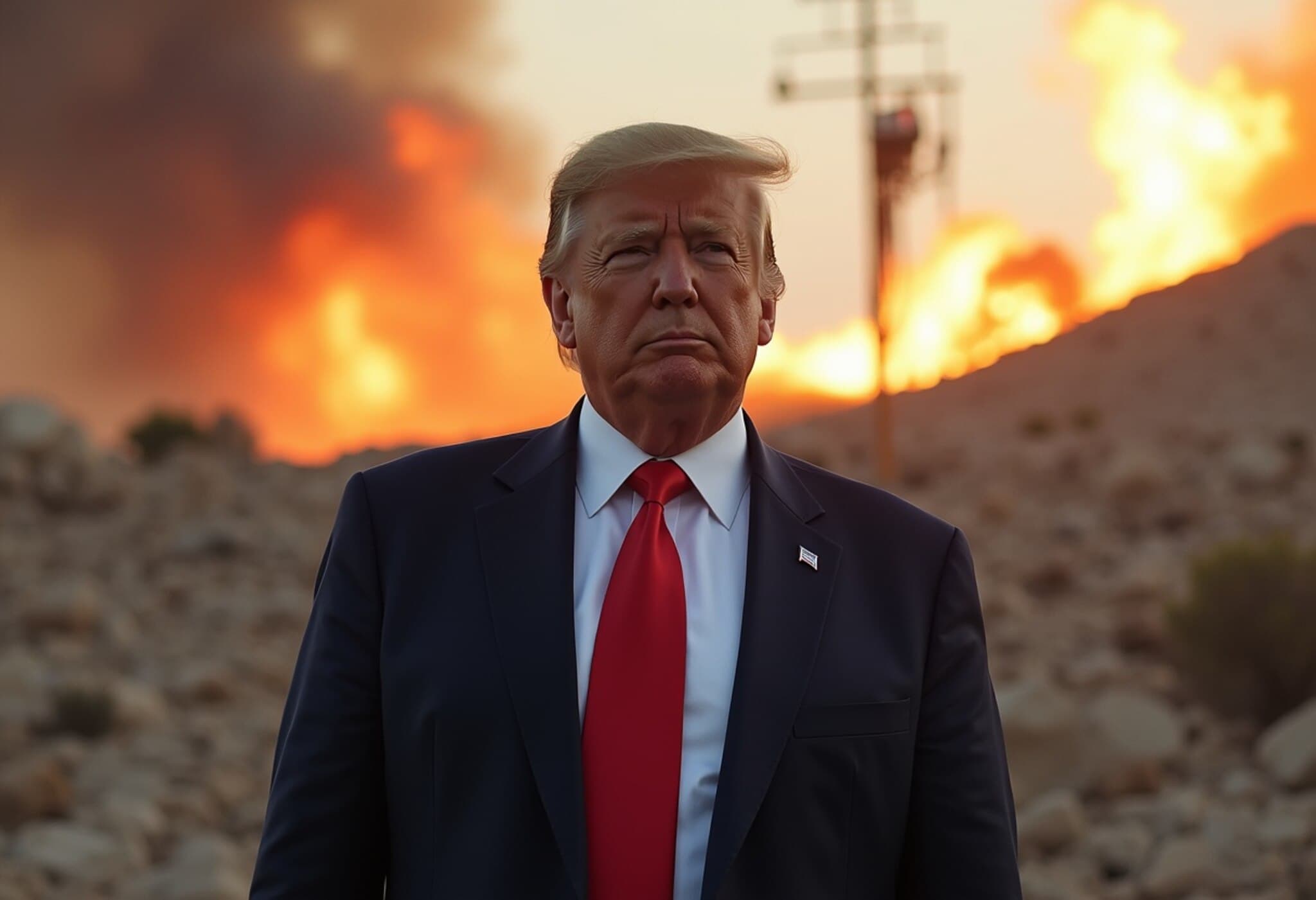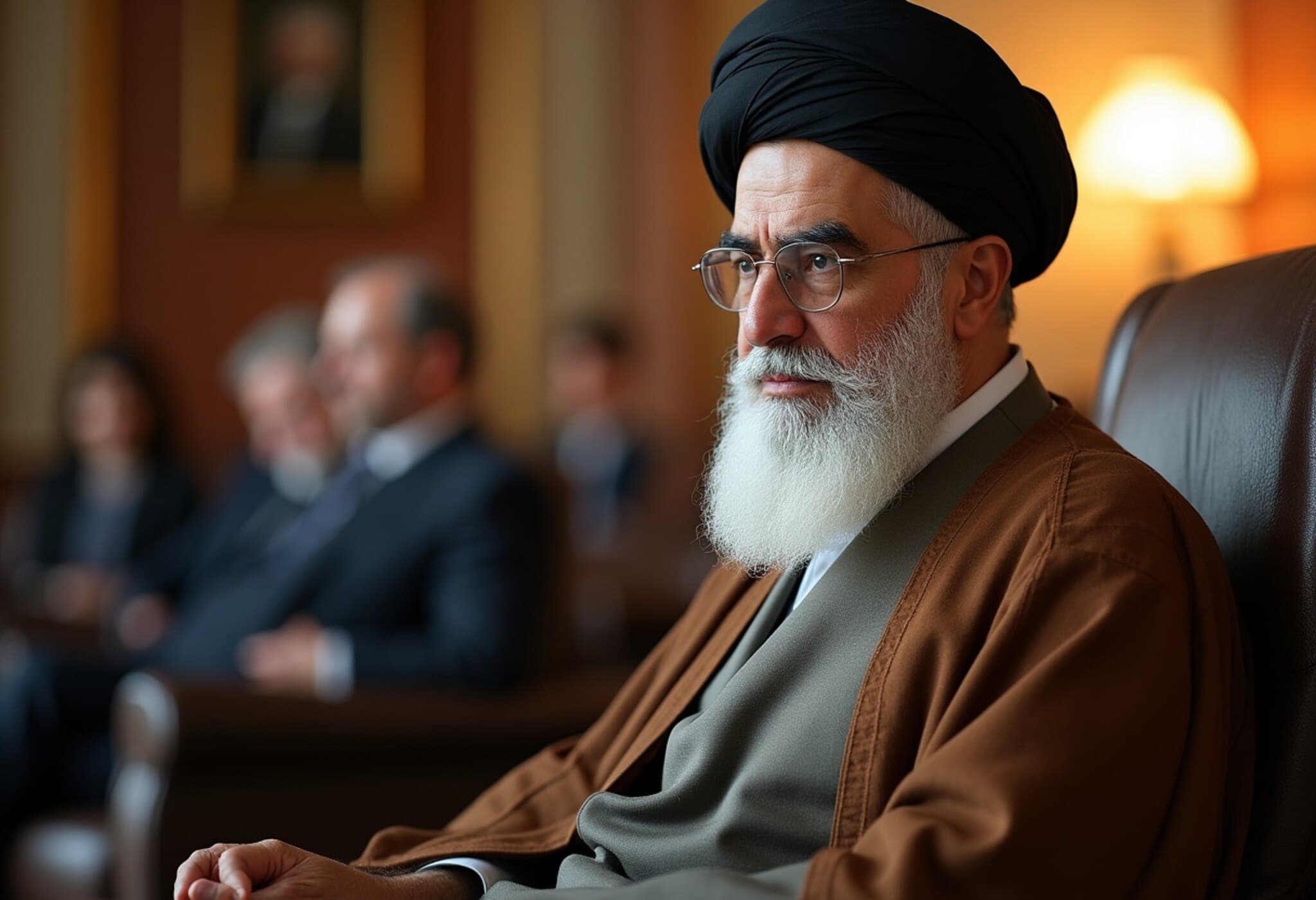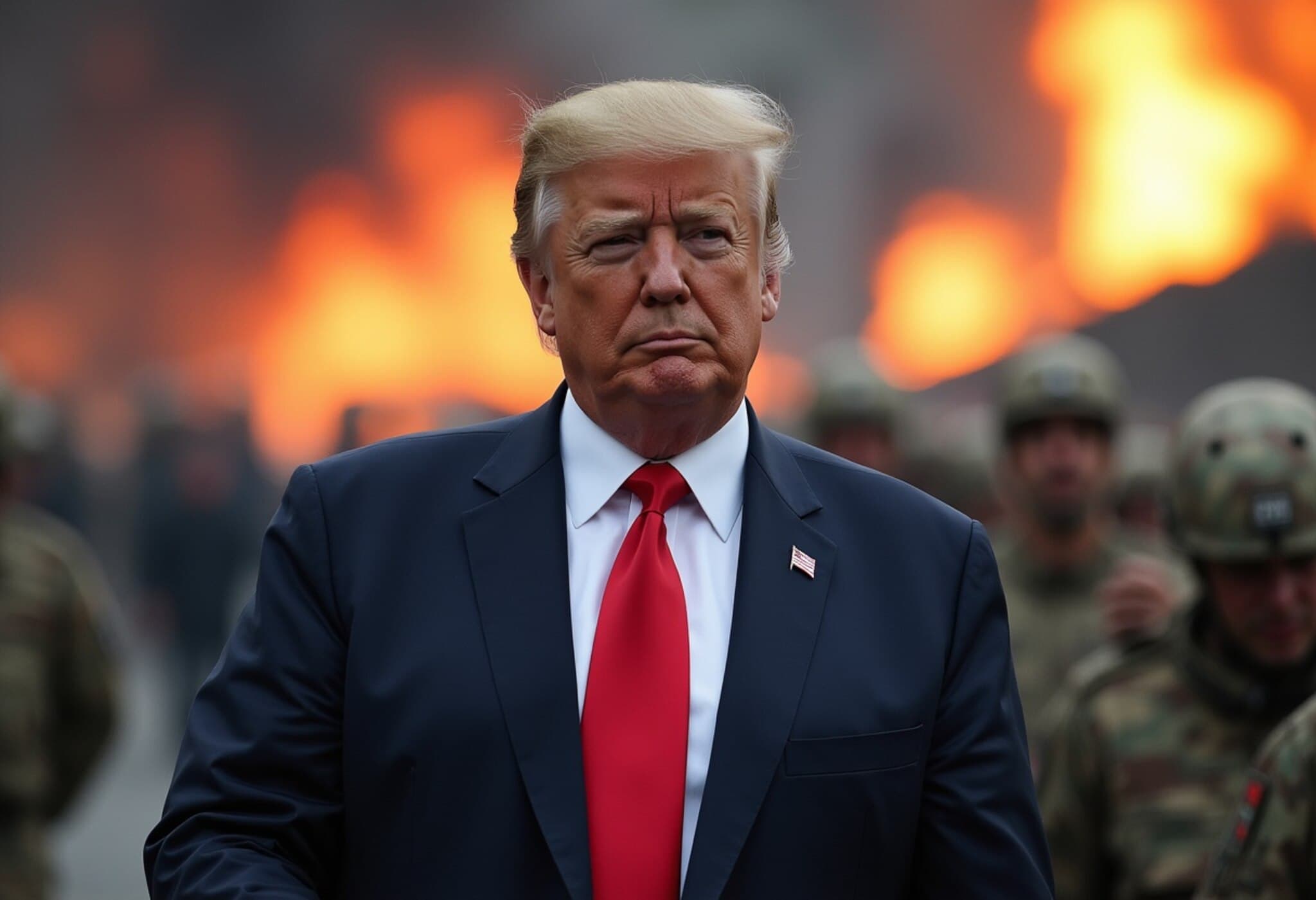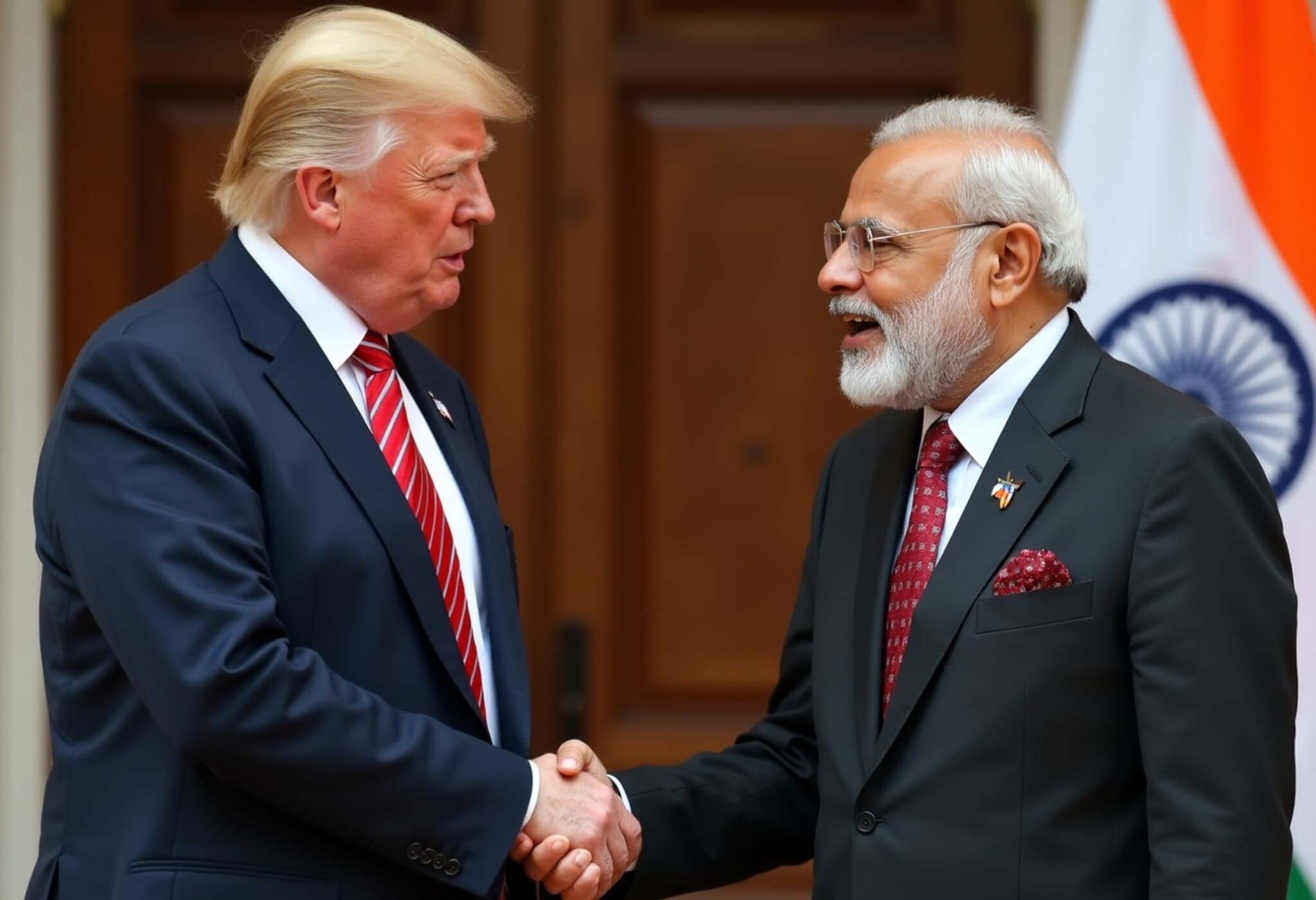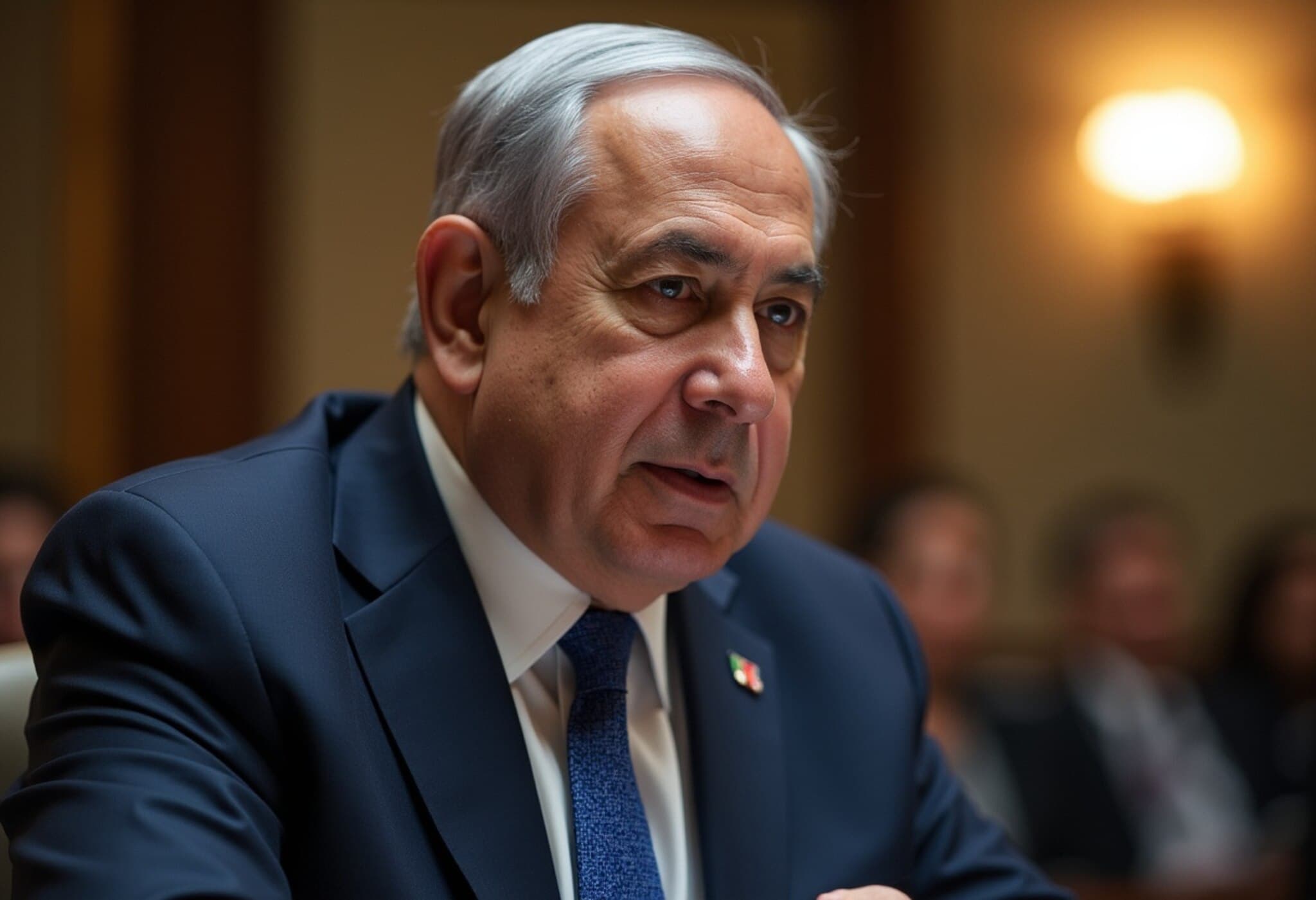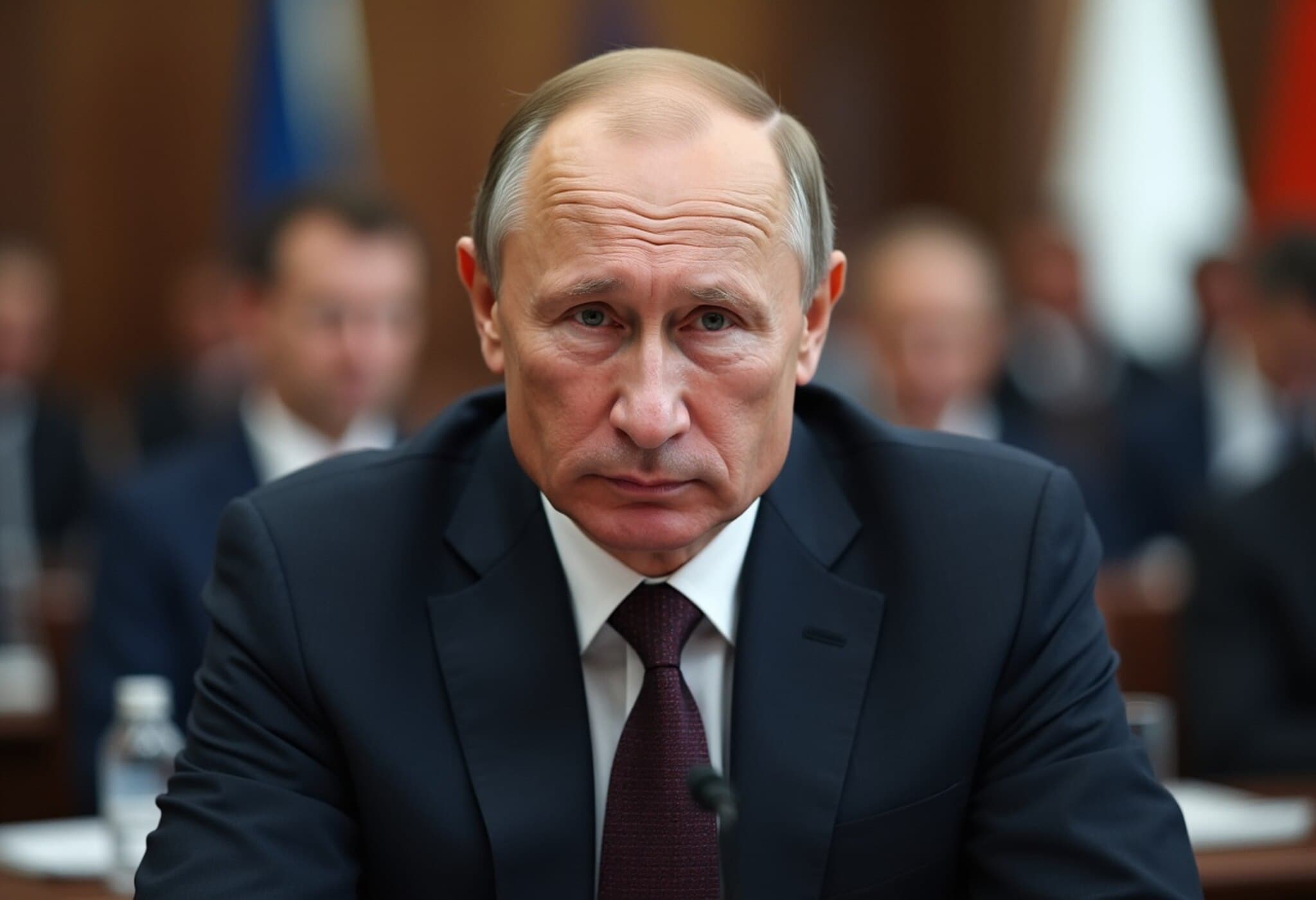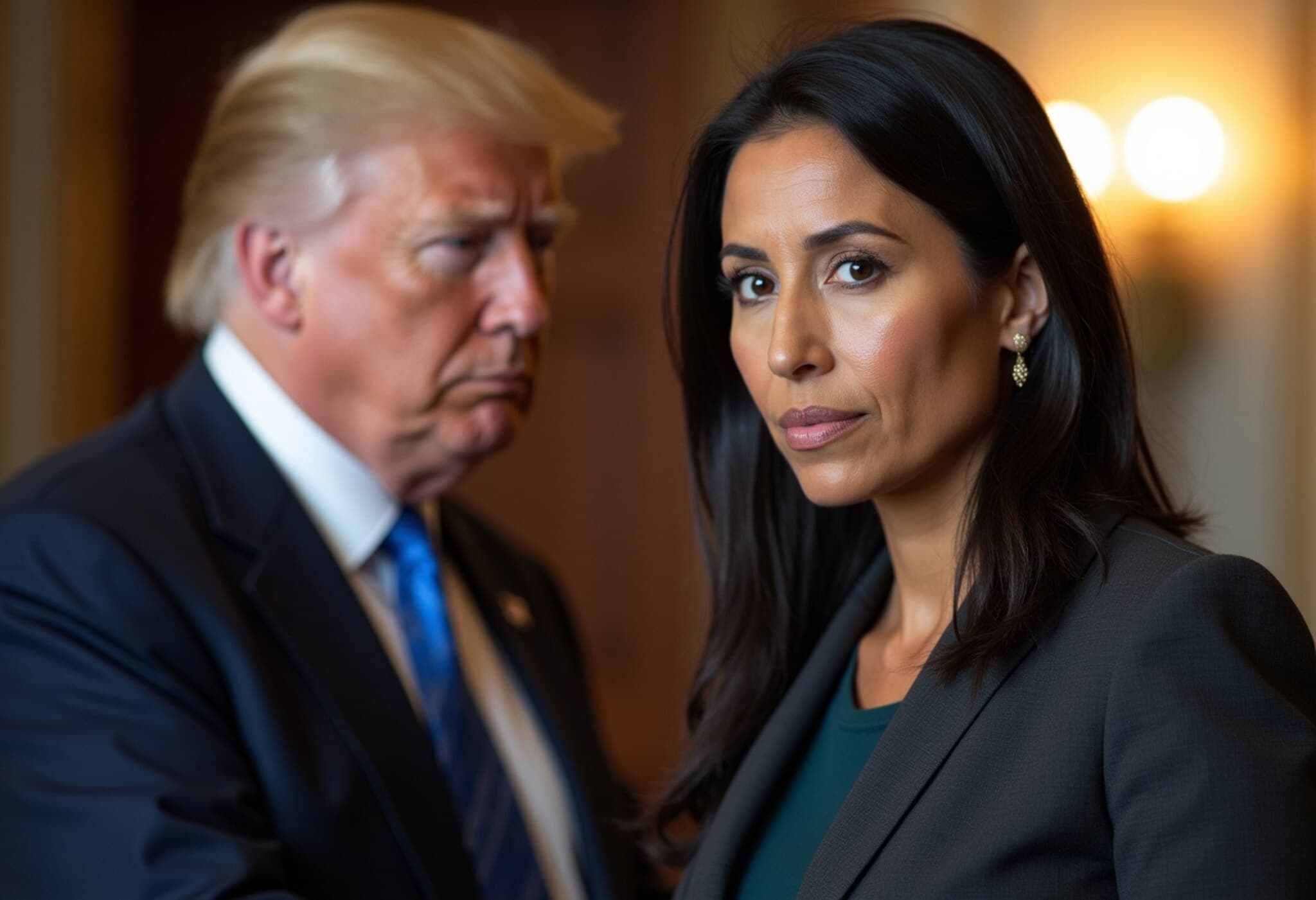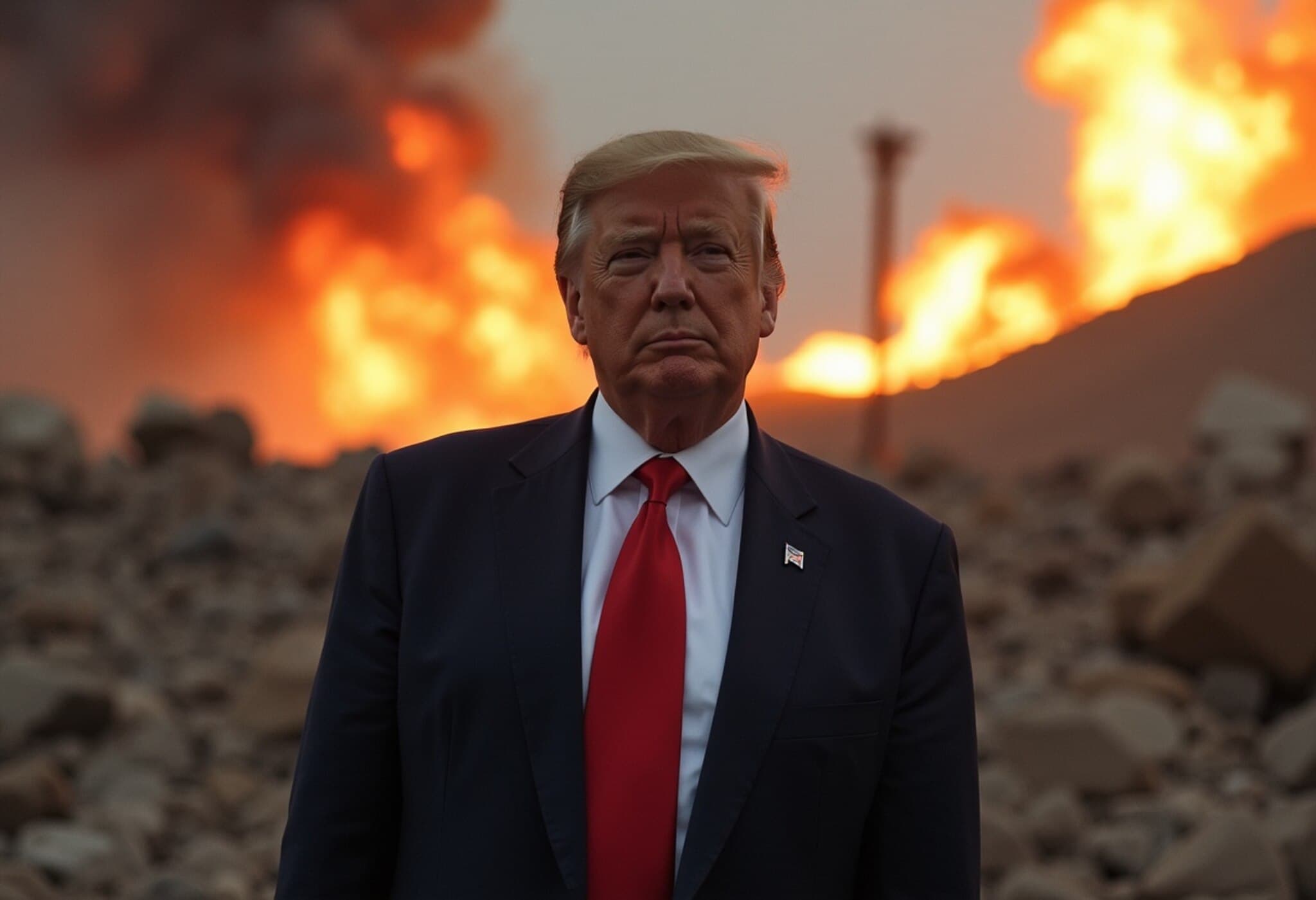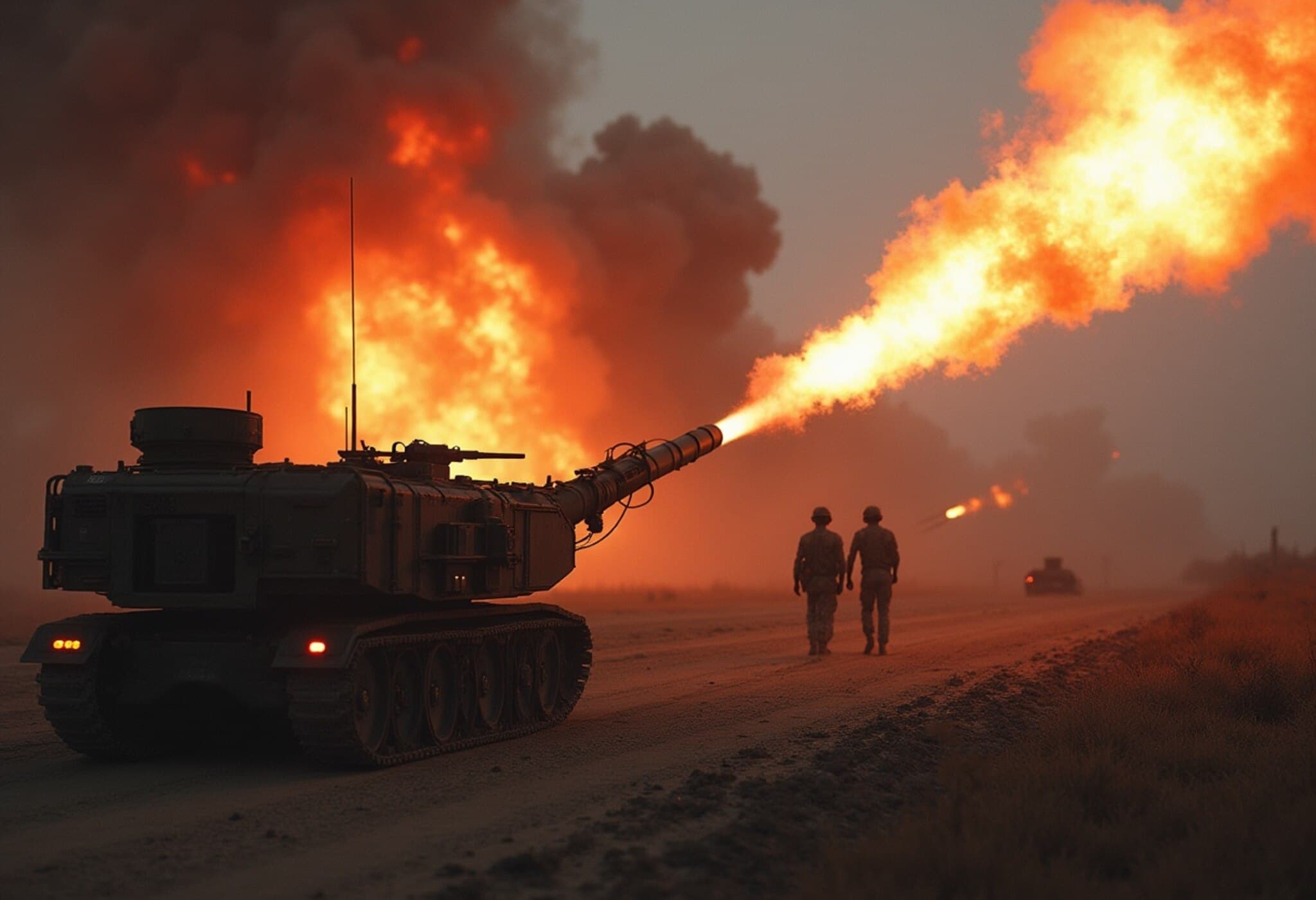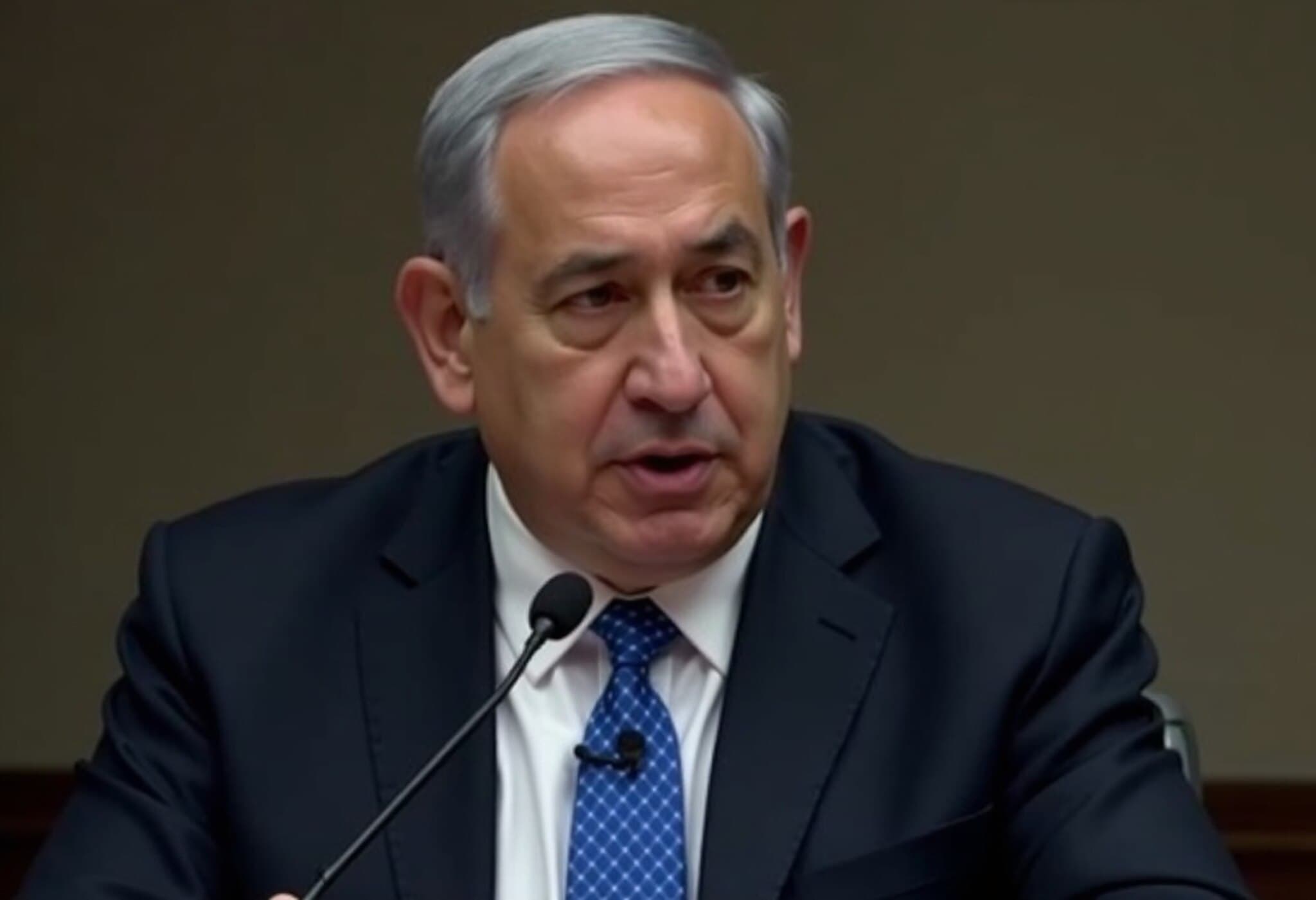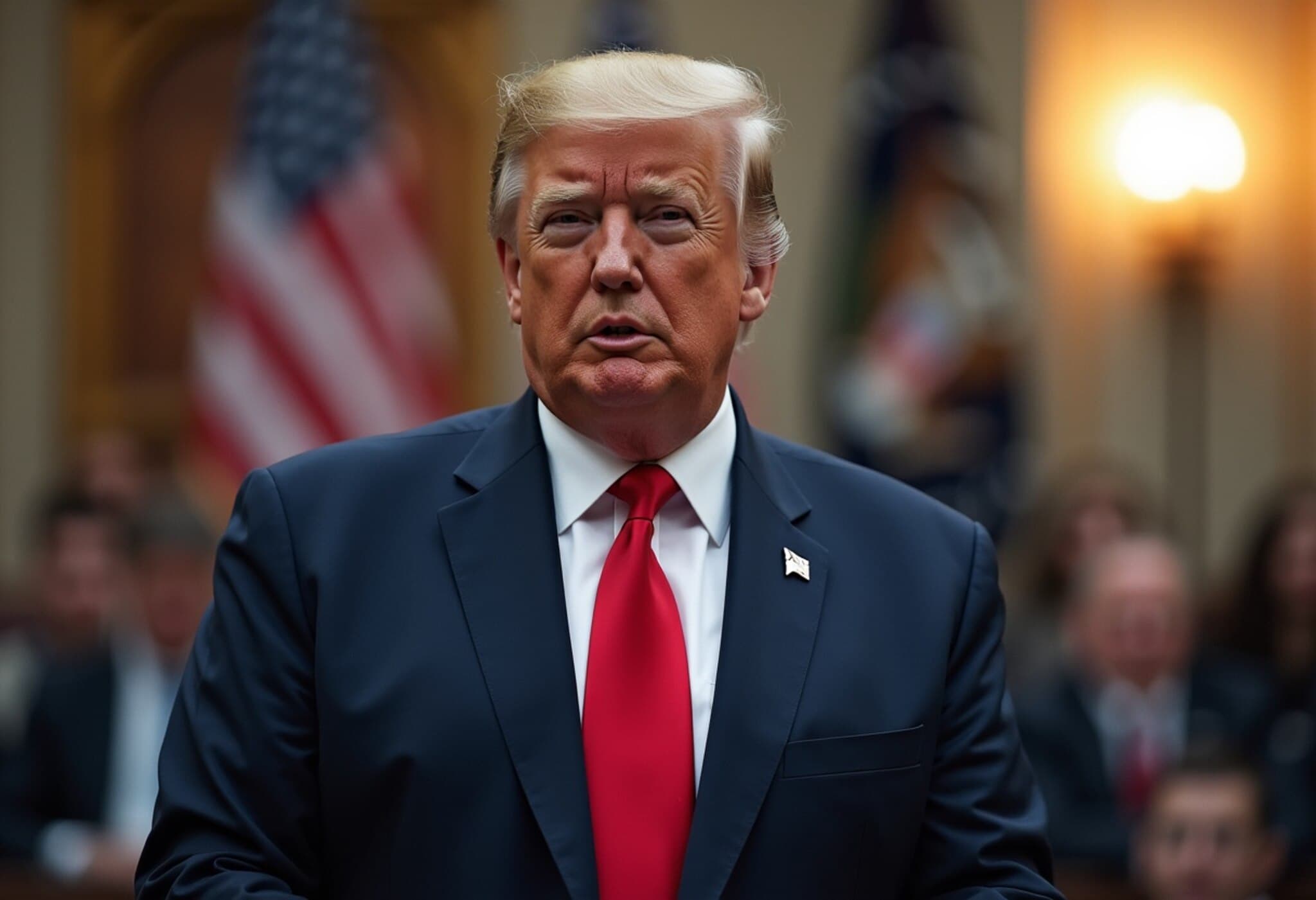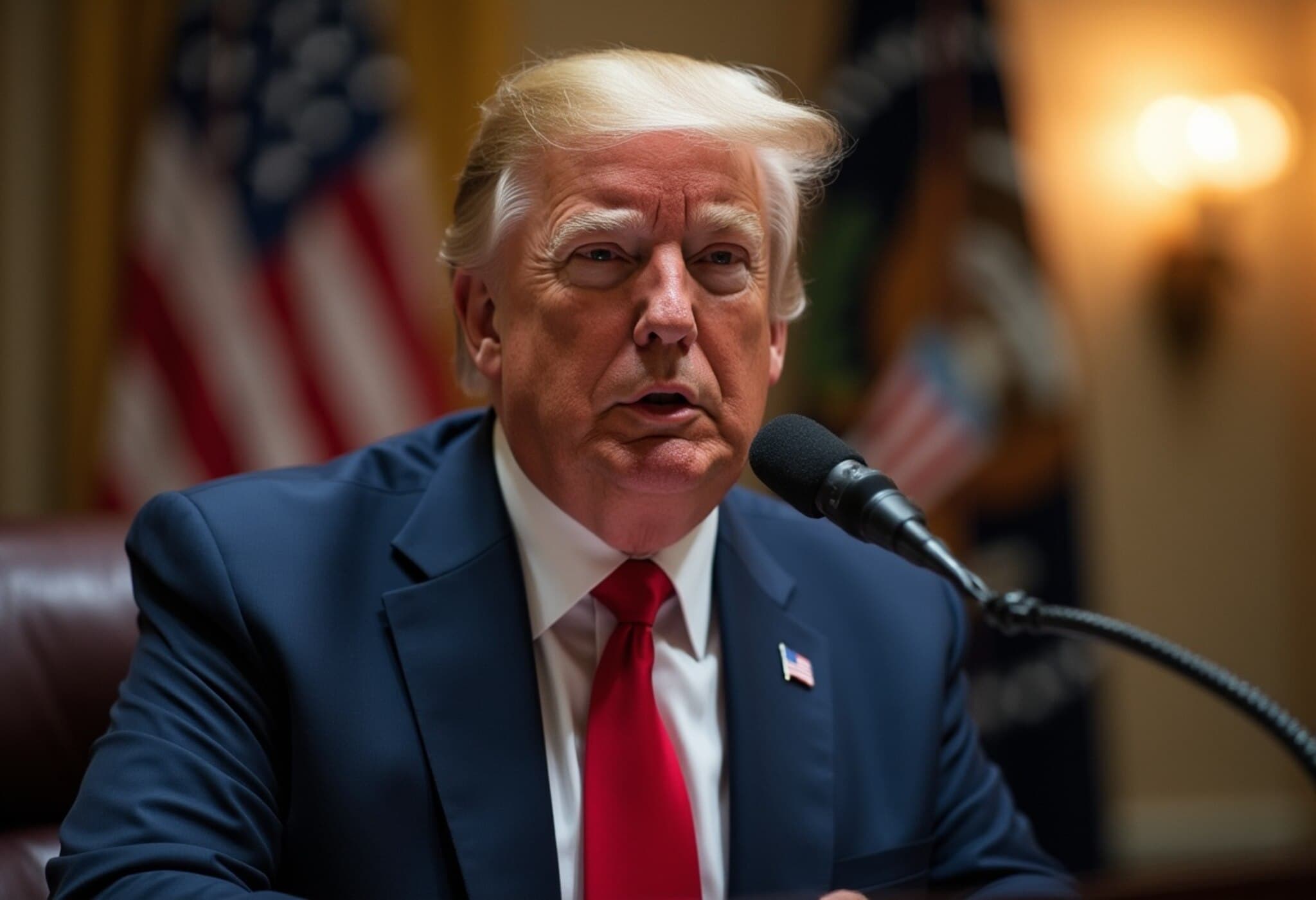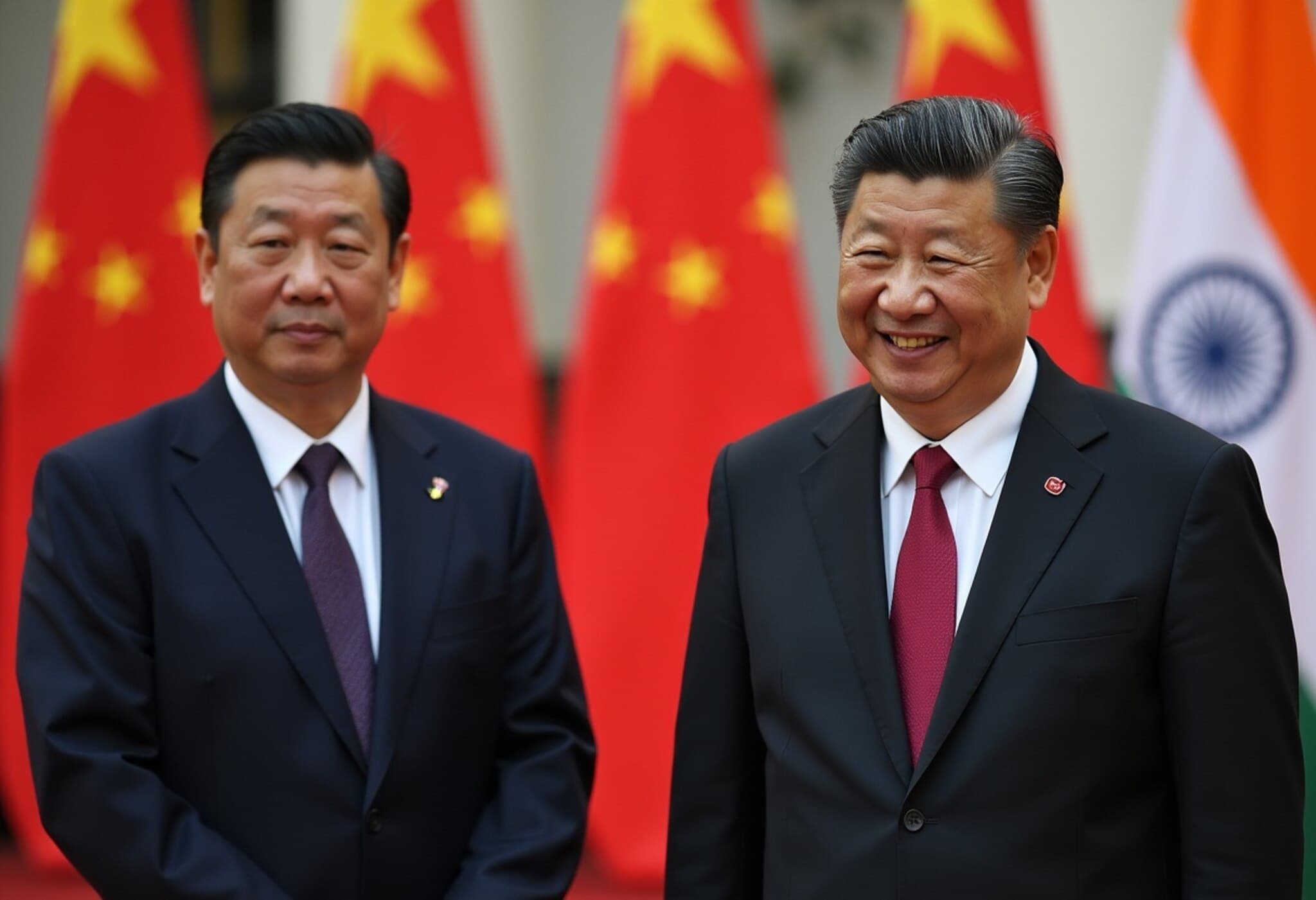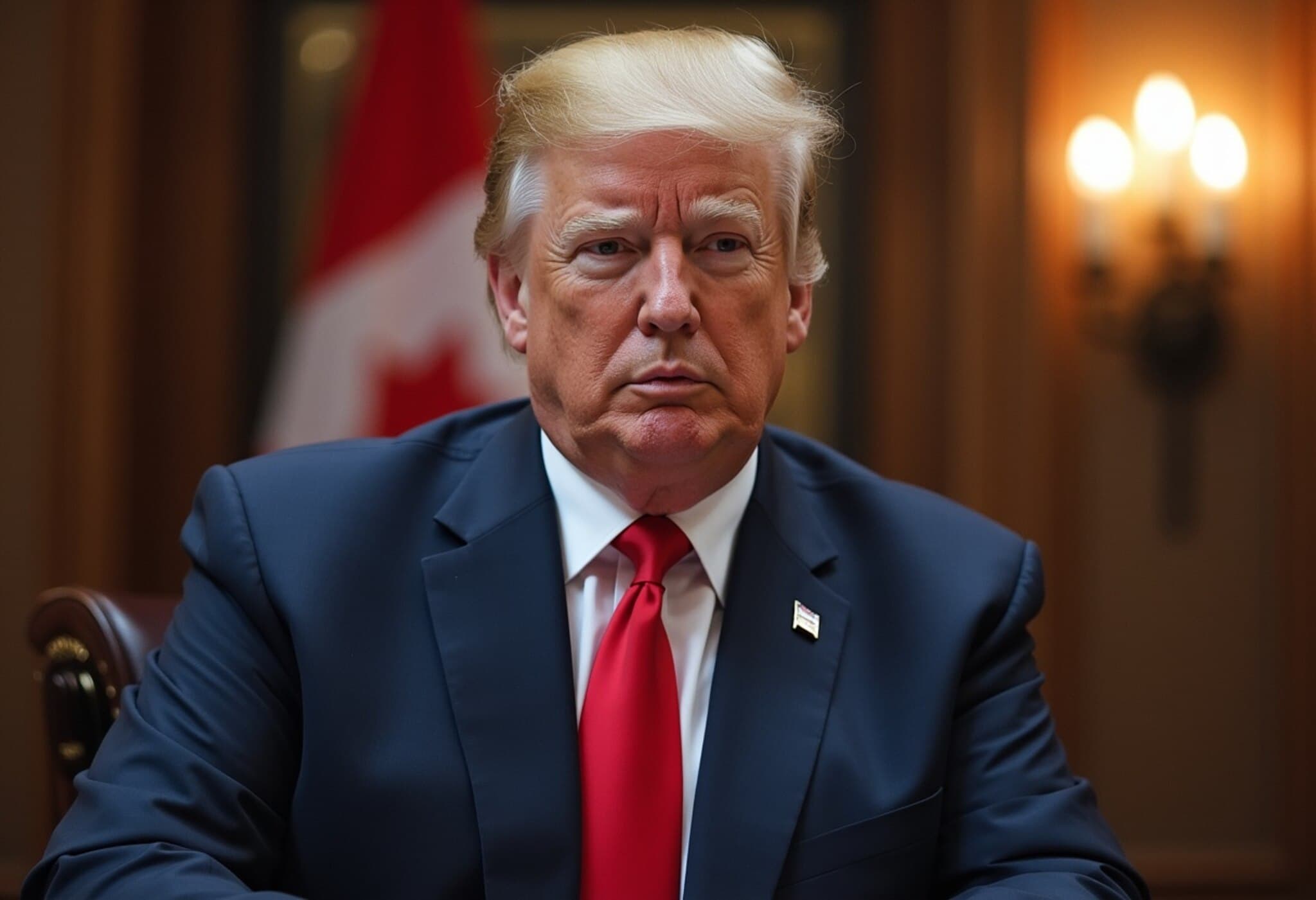Trump Stands by Success of US Strikes on Iran’s Nuclear Facilities
President Donald Trump vehemently rejected recent media reports claiming that American airstrikes did not fully dismantle Iran’s nuclear program but merely delayed it. Speaking on Wednesday, Trump described the operation as one of the "most successful in history," insisting the nuclear sites in Iran were "completely destroyed."
Contradictory Intelligence Assessments Spark Debate
Several US media outlets had cited sources familiar with assessments from the Defense Intelligence Agency (DIA), suggesting that the weekend strikes failed to eliminate Iran’s centrifuges and enriched uranium stockpiles entirely. These reports painted a picture of limited damage rather than full neutralization of Iran’s nuclear capabilities.
However, White House Press Secretary Karoline Leavitt dismissed these leaks as "flat-out wrong". She rejected the reports as an unauthorized disclosure of a classified "top secret" assessment, suggesting it was a deliberate effort to undermine President Trump and the military operatives involved.
Leavitt emphasized the precision of the operation, stating, "Everyone knows what happens when you drop fourteen 30,000-pound bombs perfectly on their targets: total obliteration."
Details of the Strikes: A Military Feat
The recent weekend operation involved US B-2 stealth bombers deploying GBU-57 Massive Ordnance Penetrator bunker-buster bombs against two critical Iranian nuclear sites. Additionally, a guided missile submarine launched Tomahawk cruise missiles at a third location.
Trump hailed the strikes as a "spectacular military success" that obliterated Iran’s nuclear infrastructure. Defense Secretary Pete Hegseth echoed this assessment, claiming US forces had "devastated the Iranian nuclear program."
International Perspectives and Caution
Despite these confident claims from Washington, Israel's ambassador to the United Nations, Danny Danon, urged caution in assessing the damage. Speaking to the media, Danon remarked, "It is very early to jump to conclusions." He noted the necessity of awaiting detailed intelligence evaluations before fully understanding the impact.
Danon also expressed reassurance that, based on current information, "Iran is not a threat today to Israel, to the Middle East, to the stability of the world order."
Looking Ahead
The conflicting narratives between official US statements and intelligence leaks underscore the complexity and sensitivity of gauging the success of such military operations. As more information emerges, analysts and policy-makers will continue to evaluate the long-term consequences for regional security and nuclear nonproliferation efforts.

